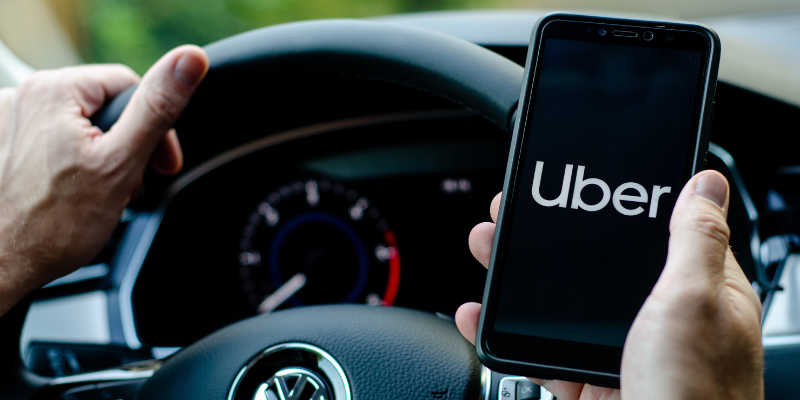The Supreme Court has finally given its long awaited decision in the case of Uber BC and others (Appellants) v Aslam and others (Respondents). The case concerns whether Uber taxi drivers should have the legal status of ‘workers’ or ‘self-employed’. These distinctions are significant as the self-employed have very few employment rights whereas workers are entitled to paid holiday, sick pay and some of the other basic rights that most of us take for granted. The case is of huge significance because if Uber drivers can establish that they are workers it will open the door for millions of others in the Gig economy to do the same…
The case has a long history. The 4 Uber drivers originally issued their claims for holiday pay and other worker benefits at Central London Employment Tribunal in 2015. Uber’s main line of defence which has remained largely unchanged throughout the litigation is that it is not a taxi company but a technology company. The drivers therefore do not work for Uber, the Company simply provides them with a platform (‘the app’) under which they engage with passengers as self-employed contractors.
The tribunal found against Uber. Its reasoning was that from the moment the drivers switch on the app – indicating that they are ready and available for work – they are subject to a high level of control; they are offered passengers and will be deemed to have accepted if they do not refuse within 10 seconds; they are given a set fare from Uber which they cannot renegotiate upwards; they are given a route to follow; they are paid via Uber and not directly from the customer; their service is rated on Uber’s website. The tribunal found that all of these arrangements proved that the drivers were providing a personal service to Uber with a high level of control and they could not therefore be legitimately regarded as self-employed.
Uber appealed this decision to the Employment Appeal Tribunal and the Court of Appeal with its appeals failing on both occasions. The Court of Appeal decision did contain a chink of light for Uber in the form of a dissenting judgement from Lord Justice Underhill. It also introduced the interesting possibility that the drivers may not be workers from the point at which they turn on the App but rather from the point at which they accept an assignment. This would reduce the amount of time the drivers were regarded as ‘working’ and Uber’s overall liability.
The case was heard at the Supreme Court on 21 and 22 July 2020 with the final judgement being handed down today.
The Supreme Court has found that the drivers are workers.
This blog was written by Mark Alaszweski with the final live update being added by Jo Sinclair. Mark is a Solicitor and Jo a Trainee Solicitor at didlaw.
